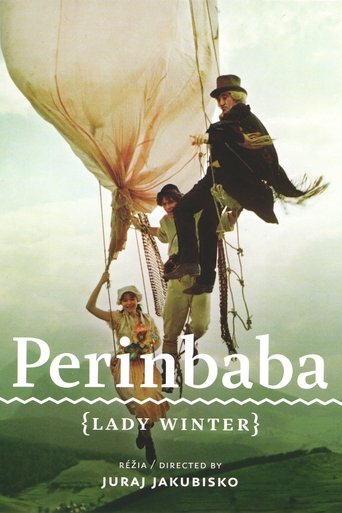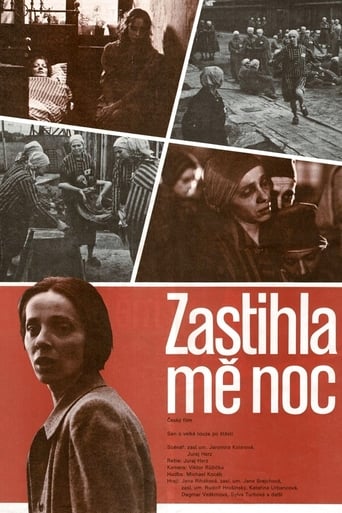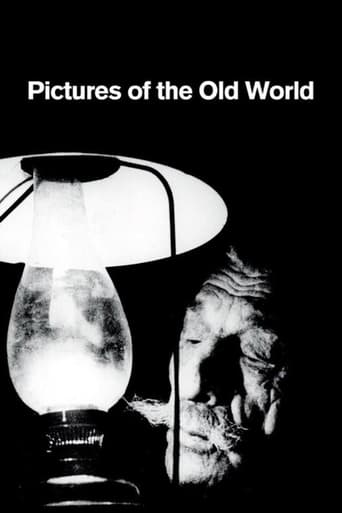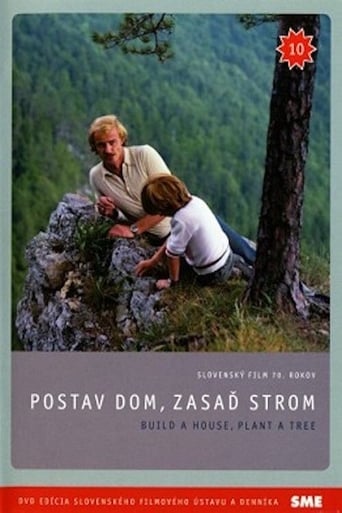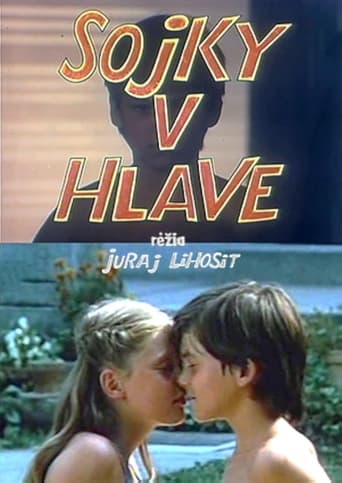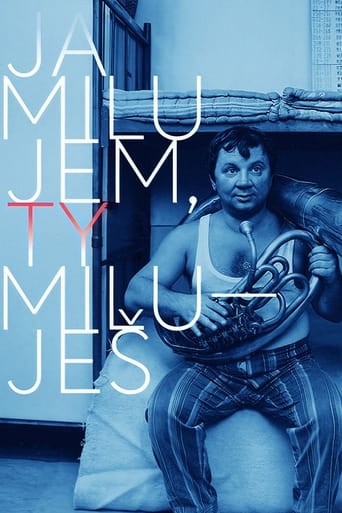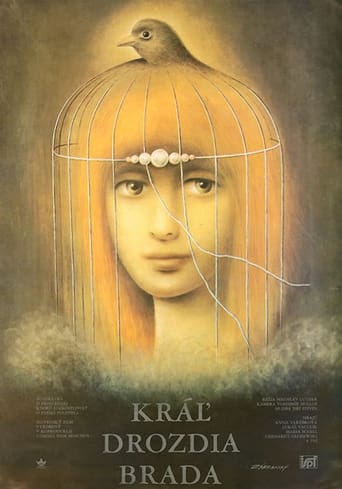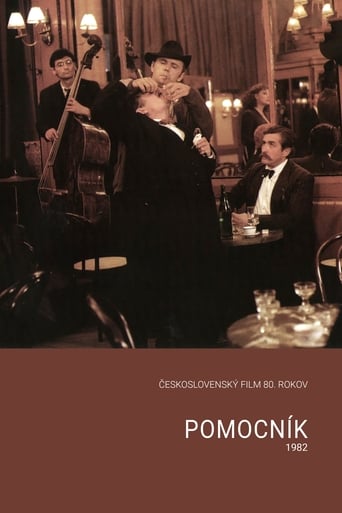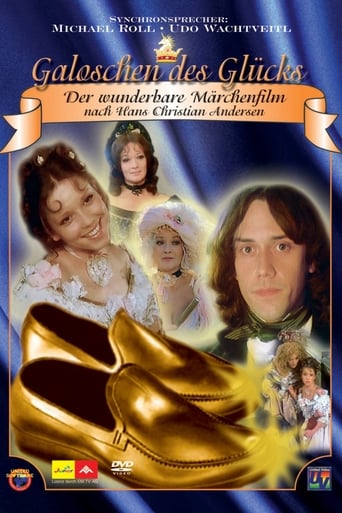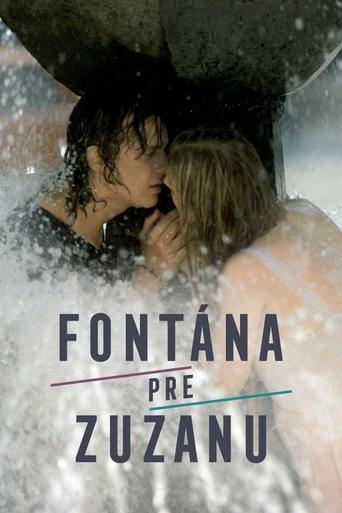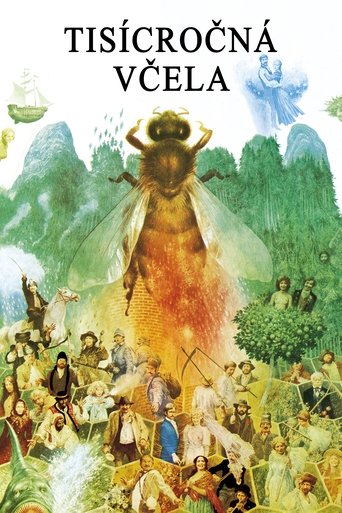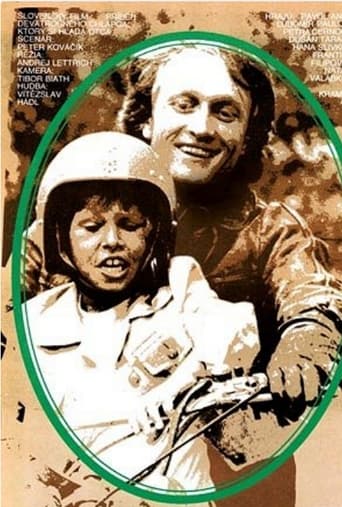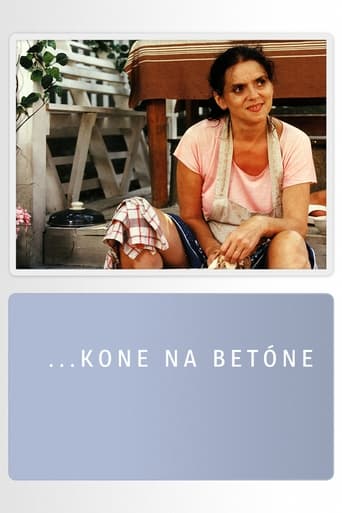Johanka had a fling with a well digger she had not met before and who, she was most likely certain, would never be around again. Just before his departure, they have sex and she eventually becomes single mother of a baby girl. Now, 18 years later, her daughter Paulina commutes by bus to work in the nearby city, which gives the village gossips the occasional opportunity to remind her of her unknown father. A resultant conflict with her mother makes Paulina take up residence in the city. Johanka, prodded by her also-single friend Jozefka who maintains that a woman without a man is nothing, begins to woo the new teacher Jarek only to discover later that he is married. Paulina, in the meantime, loses her virginity to the soldier Jirka who promptly makes himself scarce. Johanka fails to consider that she actually has a better life than some of her married neighbors, begins to see.
